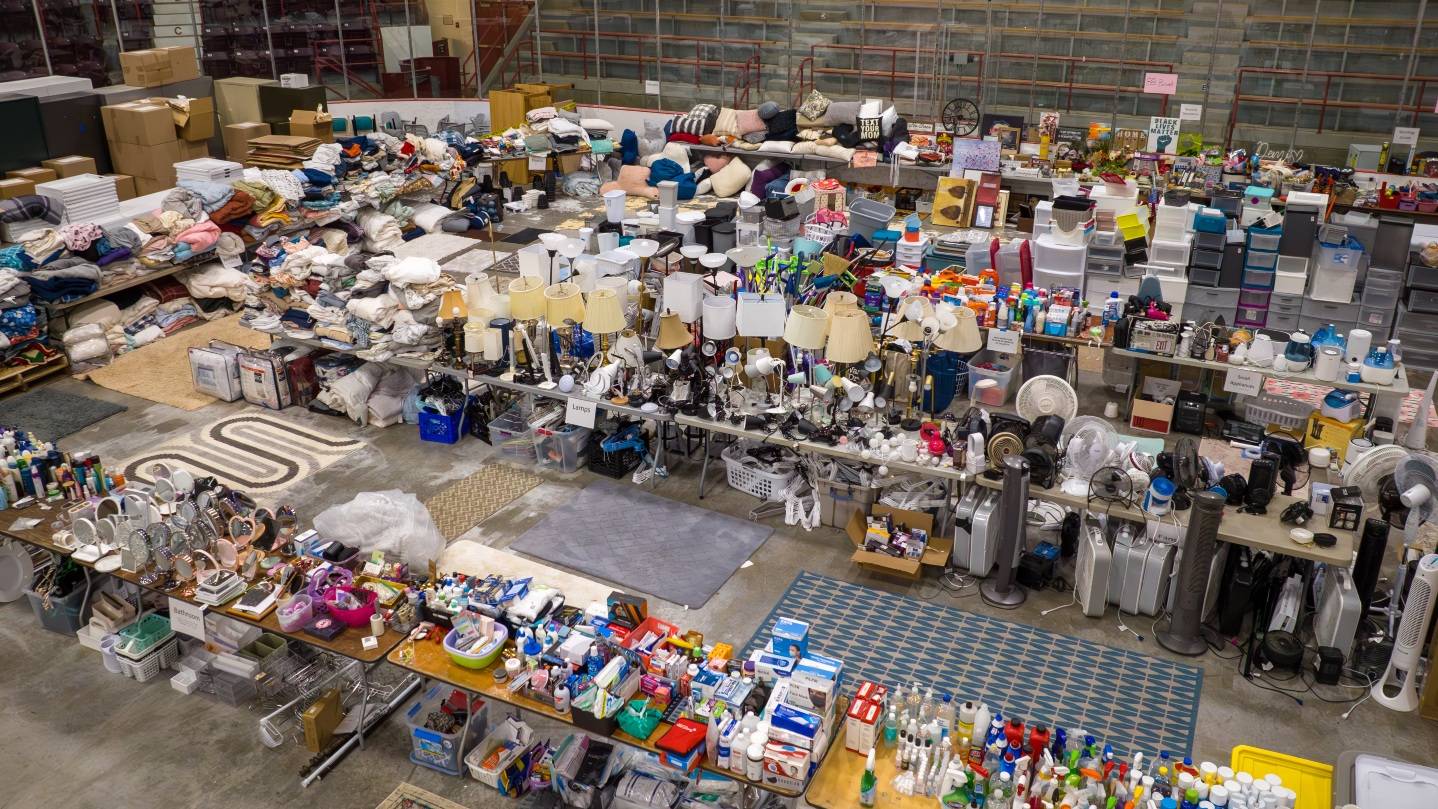In the spirit of community collaboration, Colgate University’s Max A. Shacknai Center for Outreach, Volunteerism, and Education (COVE) salvage program completed yet another successful year, providing a lifeline for local nonprofits with the redistribution of goods valued at more than $70,000. Sixty-one community organizations benefited from the program, fostering positive change throughout Madison County and central New York.
Since its inception in 2005, the COVE salvage program has collected and sorted vast amounts of student-donated items following move-out at the end of the spring semester. Clothing, bedding, food, furniture, and various other essentials are generously shared with community partners such as the Hamilton Food Cupboard, Fiver Children’s Foundation, and the Morrisville Community Church Food Pantry. This tremendous endeavor is driven by dedicated employee volunteers and student workers.
“Working with COVE Salvage sort of lifted the curtains in regard to the amazing charity work at Colgate,” says Joe Berberich ’24.
This year, the program experienced a significant boost in its workforce, thanks to a recruiting partnership between the COVE and the Office of Sustainability. Together, they increased the number for student workers by 158% — from a dozen last year to 31 this year.
“Salvage working was fun and a great way to alleviate the large amount of garbage that universities make at the end of the year,” expressed Orlando Villagrana ’25. “My fellow salvage workers were clearly passionate about their work, and that made it more enjoyable.”
The COVE salvage program operates in two waves. The first round involves the collection, sorting, and distribution of items after first-years, sophomores, and juniors move out. The second wave occurs after graduation. Dedicated volunteers driving UHauls visit residence halls to collect the donated items and transport them to Starr Rink for sorting. The operation takes more than two weeks to complete.
In the end, the effort yielded refrigerators, microwaves, furniture, school supplies, hundreds of bags of clothing, boxes of food, and an array of other essential items — all neatly arranged in Starr Rink and awaiting selection by community partners.
